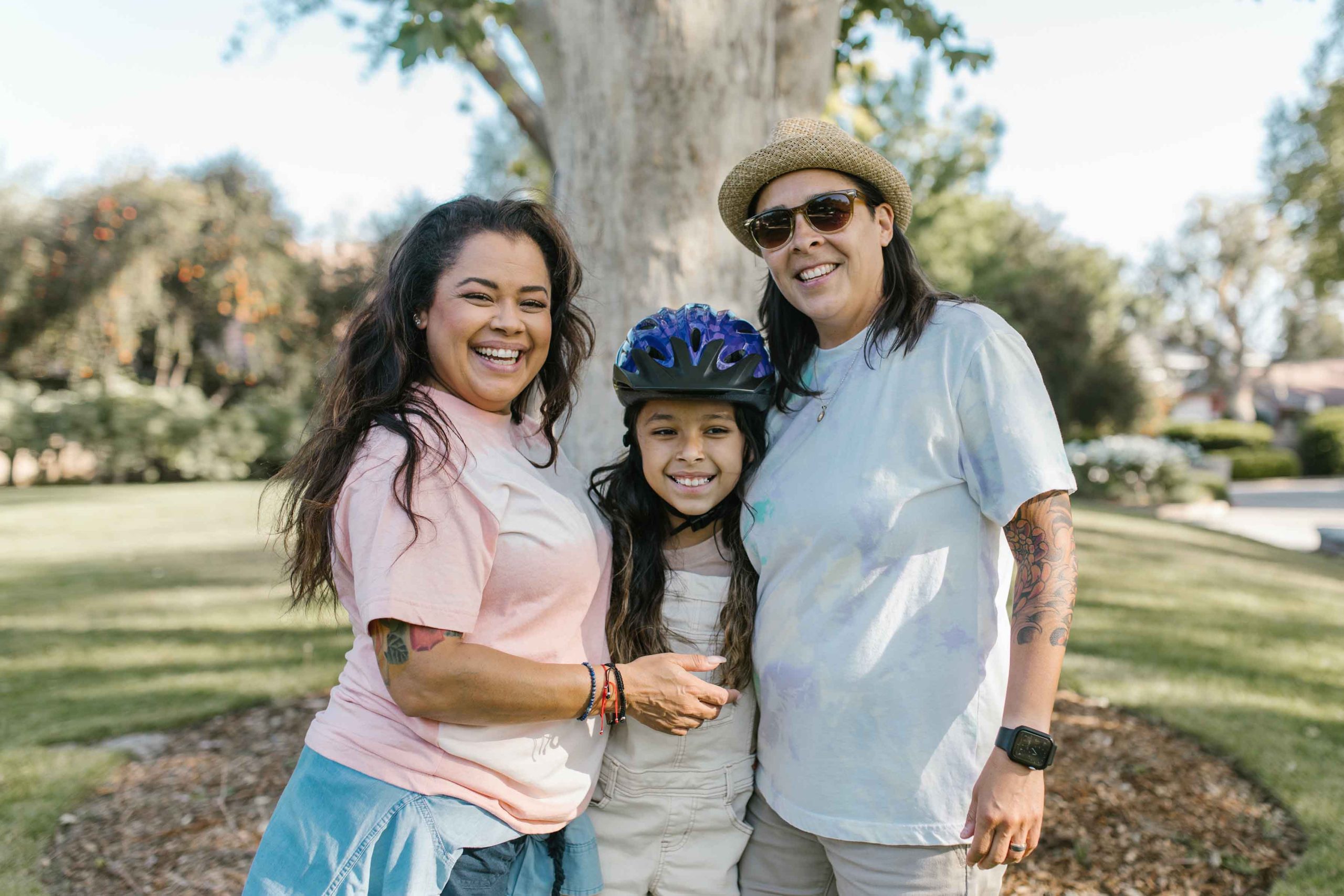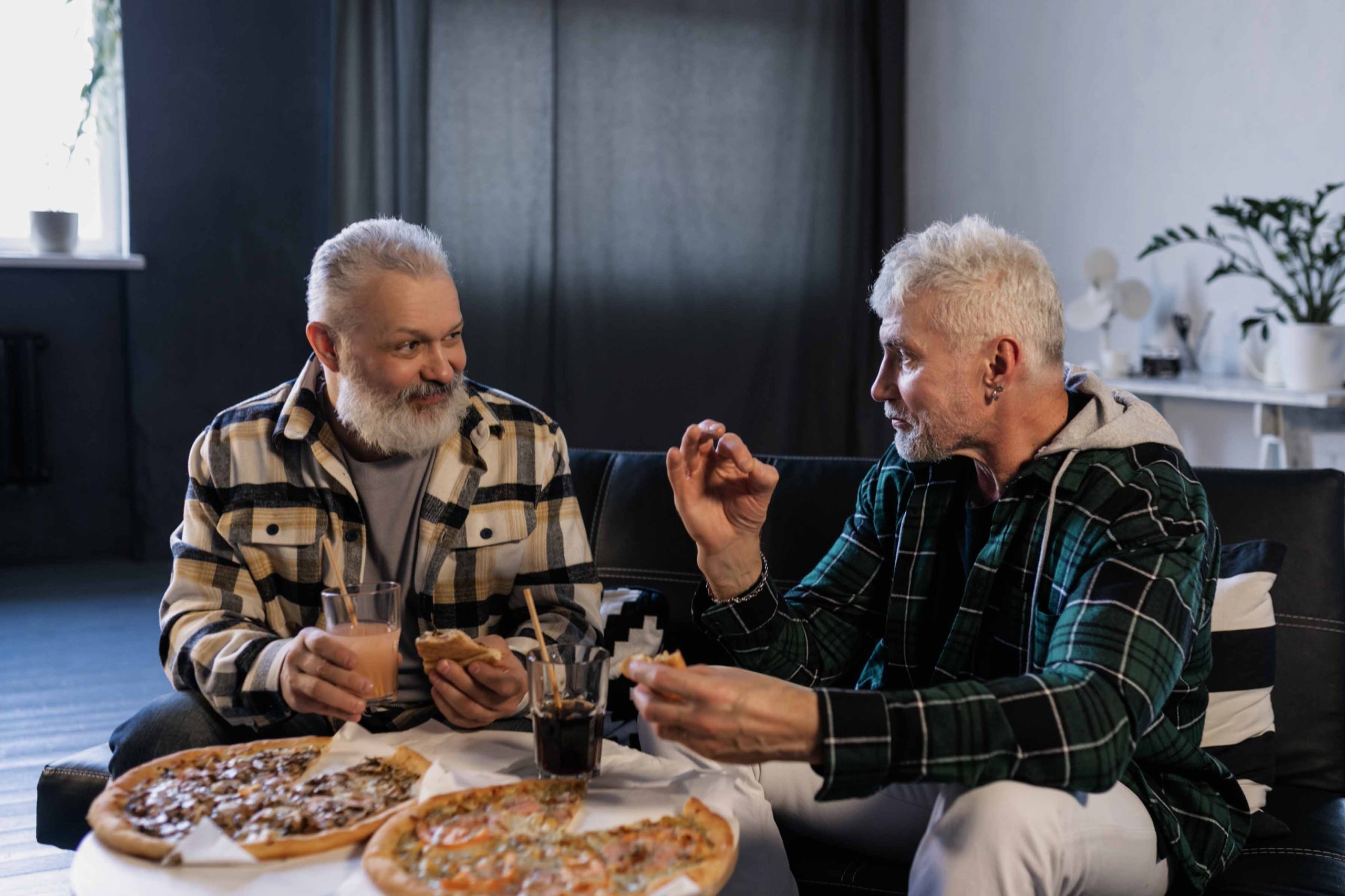When a person is suffering and is encouraged to talk to a psychologist, it is common to think that they are the only one who will need to change their behavior and way of relating to their environment. It is logical to have this approach, as it is the result of what we call «cognitive biases», processes by which people seek to simplify the vast amount of information they work with in order to sort it out and find patterns within it. In doing so, we create «shortcuts» that, despite being a bit inaccurate, help explain our reality and make decisions more efficiently. Thus, when we observe a person who is having a hard time, it is easy to observe behaviors that catch our attention and interpret that these behaviors are the source of the problem and not the result of complex chains of events. However, in this article we will delve into the reasons why this approach tends to fall short.
To get started, let’s look at the official WHO definition of health: «Health is a state of complete physical, mental and social well-being and not merely the absence of disease or infirmity.». This definition highlights the importance of context and, therefore, when an individual has certain behaviors, vulnerabilities or difficulties, we need to understand that they are always linked to the social reality of their environment.
Going to therapy
In therapy, the work usually is carried out by one person and their psychologist. Due to the biases mentioned above, it is easy to act as if the individual were the only source of problems and solutions. However, a good part of the efforts in therapy are directed towards working on the way the individual interprets reality and relates to their environment, empowering them, when necessary, to learn to navigate social situations. We cannot forget that assertiveness is, when it comes to setting and respecting limits, a fundamental pillar in the therapeutic process of many people.
Oftentimes, it is also crucial to do an important job of educating and raising awareness in the person’s environment. This makes sense if we take into account that it is common for the people around them to play an active role in maintaining the situations that are perpetuating the problem. As a consequence, the therapeutic process can become a challenge for both the individual and their environment, as everything is interconnected and it is not always easy to find culprits and quick solutions.

Family dynamics
In the family environment we can find big intergenerational differences that are the result of cultural changes throughout the years and of different members being exposed to different environments. Despite the best intentions of the parents, family plans and goals are often not aligned with the needs and challenges that the children are truly facing at that moment. Unknowingly to the parents, this can lead their kids to overexertion, perfectionism and low self-esteem.
On the contrary, it is also common for one of the parents to receive a disproportionate burden of care. This can happen with responsibilities such as housework, financial support of the family unit or emotional support for the children. This reality should also be considered as, when this happens, finding the optimal way to juggle responsibilities can only do so much and we might need to address the fact that too big of a burden might not be manageable. When this happens, our support network needs to get involved in the solution.
Foreign population
Many people sho come to my office have relocated from other countries, sometimes on several occasions. Most people them tell me that they are happy with the decision, as they come to Spain for work or academic reasons. However, regardless of their reasons, it is inevitable that a move of this magnitude also comes with a loss of social support. This is a logical consequence of leaving behind most of the people in their support network. If, in addition, their country of origin has a significant time difference with the current one, not only do they lose the possibility of seeing their closest people in person, but even telematic communication becomes more difficult than ever due to schedule conflicts. There might be times when, even if they manage to find time to talk, the time difference means that one person is ready to, for example, relax on the sofa while the other one still has to remember picking up the kids from school.
Moving to a new country inevitably comes with new customs and social norms that it is essential to learn and internalize as you go along. This process is very enriching and broadens your horizons. However, even if the balance is positive, it can be an important source of instability.

Minority Stress
The importance of community support can also be observed in the case of minorities who experience problems that are exclusive to their group. This often has critical consequences that can deteriorate the psychological health of individuals, as Meyer explains with his theory of «minority stress». This approach is applicable to groups such as LGTBIQ+ people, ethnic minorities or people with conditions that are far removed from neurotypicality, such as autism and attention deficit disorder. For these people, it is not always easy to find an environment in which they can meet their needs and feel welcome, which is why much of the work done in therapy focuses on getting the person to create bonds with people similar to themselves and educating their environment about how their minority status affects their well-being.
Activities and physical environment
Our communities, the places we inhabit, and our internal well-being are closely intertwined. It is common for therapists to encourage people to cultivate hobbies, but the importance of hobbies goes beyond the need to engage in enjoyable and fulfilling activities. Hobbies are also a healthy way of creating relationships with other like-minded people.
People need to frequent spaces where they can relate to each other in a healthy way. Because of this, we need to highlight the importance of environments in which the consumption of alcohol or other substances is not central to the interaction so that people who struggle with substance abuse can be safe in them. This is a frequent complaint of people who do not feel comfortable socializing in queer bars because, even if they enjoy the company of their friends and acquaintances, the high availability of alcohol in these environments can be detrimental to their wellbeing.
In the same way, we need spaces with accommodations that allow for the presence of people with disabilities. These accommodations, such as preventing noise levels from getting too high or the presence of elevators, end up benefiting everyone and are a good reminder of how the inclusion of a minority benefits the entire group.
Finally, I would like to highlight the growing importance of virtual spaces, as they can function as meeting points for individuals with shared characteristics and there are populations, such as autistic people, who especially benefit from the existence of virtual environments in which they can interact with less difficulties.

Co-regulation
Emotional self-regulation is much talked about as a fundamental pillar of psychological well-being, and rightfully so. Nonetheless, another type of regulation that is less talked about is co-regulation. Humans have an incredible ability to detect emotional reactions in others and, with good communication, we are able to understand each other’s emotional needs very well. Therefore, we can modulate both our emotions and those of the people around us.
This incredible resource tends to be underestimated, but it is very valuable as long as it takes place between people who treat each other as equals and have good communication about their needs and limits.
So, am I not responsible for my own well-being?
Yes. And no. But yes. It depends. You are responsible for making a realistic assessment of your situation and committing to changing what you can, but it is also essential to understand that we are social beings who depend on each other and, therefore, your well-being and the well-being of those around you have always been and always will be intimately interrelated.
About the author
Jorge Jiménez Castillo is a psychologist at SINEWS, where he practices in English and Spanish. He works daily with local and international populations and has a long history of studying the reality of the LGTBIQ+ community in and out of the clinic. He works from a cognitive-behavioral approach with evidence-based interventions and believes that in order to provide quality psychological care one must be aware of the inequalities that intersect with users and explore how they intersect with each other.
Division of Psychology, Psychotherapy and Coaching
Psychologist
Adults and adolescents
Languages: English and Spanish

